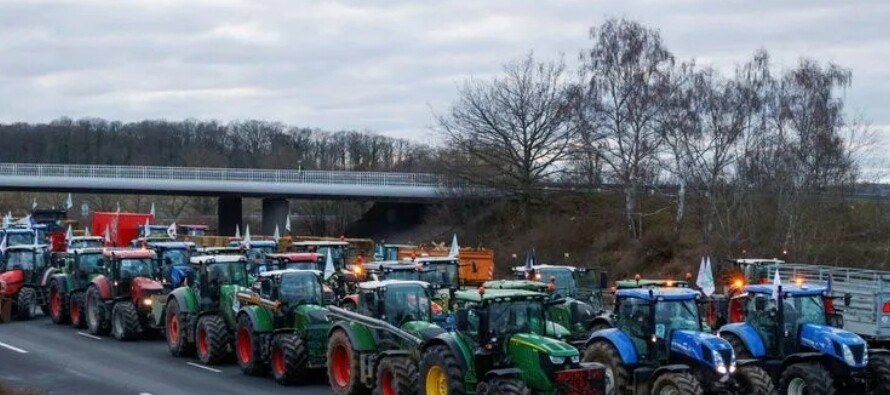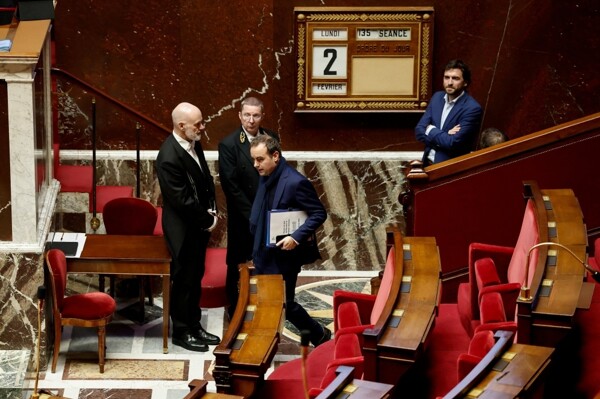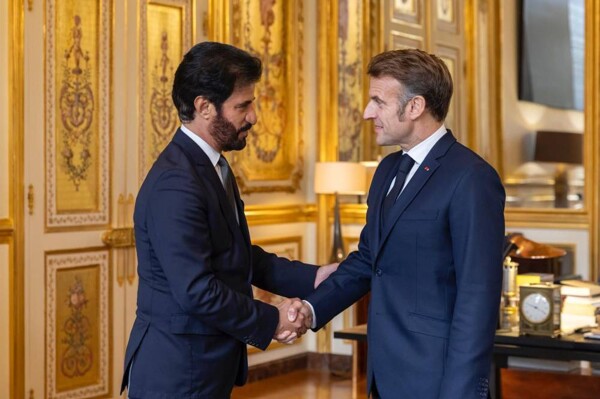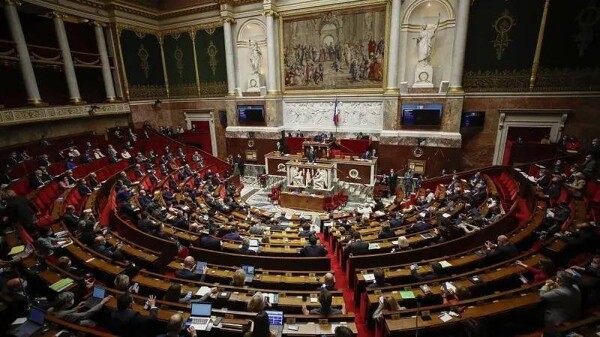
The main farmers' union in France announced that it will organize protests across the country next month. This comes amid negotiations for a trade agreement between the European Union and the Mercosur countries, which has exacerbated discontent that has fueled an agricultural crisis in France this year.
Discontent has intensified due to competition from cheaper imports, including those from countries like Ukraine, an EU ally. Additionally, the regulatory burden affecting producers in the bloc has led to large-scale protests in France and across Europe. Furthermore, poor harvests and outbreaks of livestock diseases, combined with political stagnation following the snap elections, have contributed to the frustration of French farmers, leading to new local protests in recent weeks.
The FNSEA union plans to carry out nationwide protests starting in mid-November. The date and type of action will be determined later, according to its president, Arnaud Rousseau, in statements to the press. Rousseau commented: "The new factor and trigger is the renewed inconsistency at the European level, as demonstrated by the barely disguised explanation that we are going to end up signing the Mercosur agreement."
During the last round of protests in January and February, farmers blocked roads with tractors and burned bales of hay as a form of demonstration. Although in September it was reported that trade talks were aiming for a positive conclusion before the end of the year, Brazil, a member of Mercosur, has expressed willingness to sign an agreement in November, during a meeting of major economies to be held that month.
French farmers fear that an agreement with the South American bloc would lead to the entry of cheaper agricultural products that may not meet EU production standards. French President Emmanuel Macron has repeatedly opposed concluding a trade agreement.














